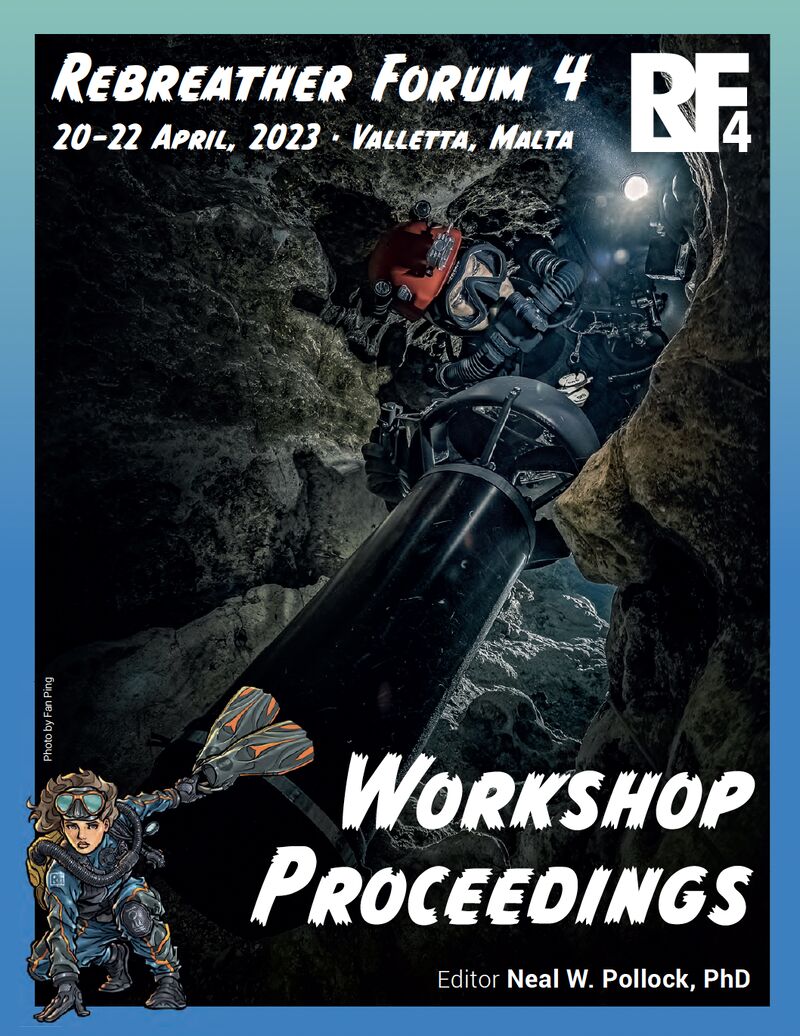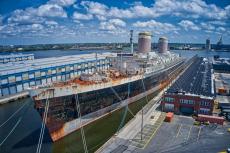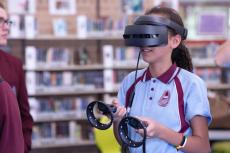The detailed proceedings of Rebreather Forum 4, held in Valletta, Malta, from April 20-22, 2023, is a valuable resource for divers, trainers, and manufacturers seeking to enhance the understanding and safe use of rebreathers in exploring underwater environments.

available online
The proceedings, edited by Neal W. Pollock, PhD, spanned various aspects of rebreather use, from market overviews to specific safety protocols and new technological developments.
RF4 emphasized the diving community's dedication to advancing rebreather technology and improving safety standards. The forum provided a collaborative environment for sharing knowledge and experiences to pave the way for future innovations and increased safety in rebreather diving.
Key Topics Addressed
Market Overview: Michael Menduno provided insights into the technological evolution of rebreathers since the 1980s and their critical role in deep diving and exploration. The market analysis highlighted growth in the number of rebreather divers and units, despite their small proportion relative to the total number of technical divers.
Safety Reviews and Accident Analyses: Several papers, including those by Neal W. Pollock and Frauke Tillmans, discussed safety challenges in rebreather diving, covering accident reviews, the physiological impacts of rebreather use, and strategies for mitigating risks.
Technological Advancements: Innovations in rebreather technology were a significant focus. This included developments in carbon dioxide monitoring, bailout strategies for divers, and advancements in decompression practices. Discussions also delved into the use of mixed-mode diving platforms and the integration of new materials and electronic monitoring systems to enhance diver safety.
Training and Best Practices: A substantial portion of the forum was dedicated to enhancing training protocols and the dissemination of best practices to ensure divers are well-prepared for the complexities associated with rebreather diving, particularly in managing emergencies and understanding equipment intricacies.
Consensus Statements and Future Directions: The proceedings concluded with consensus statements crafted based on the discussions and findings of the forum. The statements focused on advocating for continuous improvement in training standards, technology development, and safety measures.
Our participation in the event allowed us to contribute to and benefit from the collective knowledge shared at the forum. We have published reports on the discussions and outcomes of the forum in both X-Ray Magazine and our website, highlighting our active role in advancing rebreather technology and safety practices.
In summary
Rebreather Forum 4 underscored the diving community’s ongoing commitment to technological advancement and improved safety standards. The collaborative discussions set a path for future innovations and increased safety in rebreather diving, with the detailed proceedings serving as a valuable resource for divers, trainers, and manufacturers aiming to enhance the safe exploration of underwater environments.






















